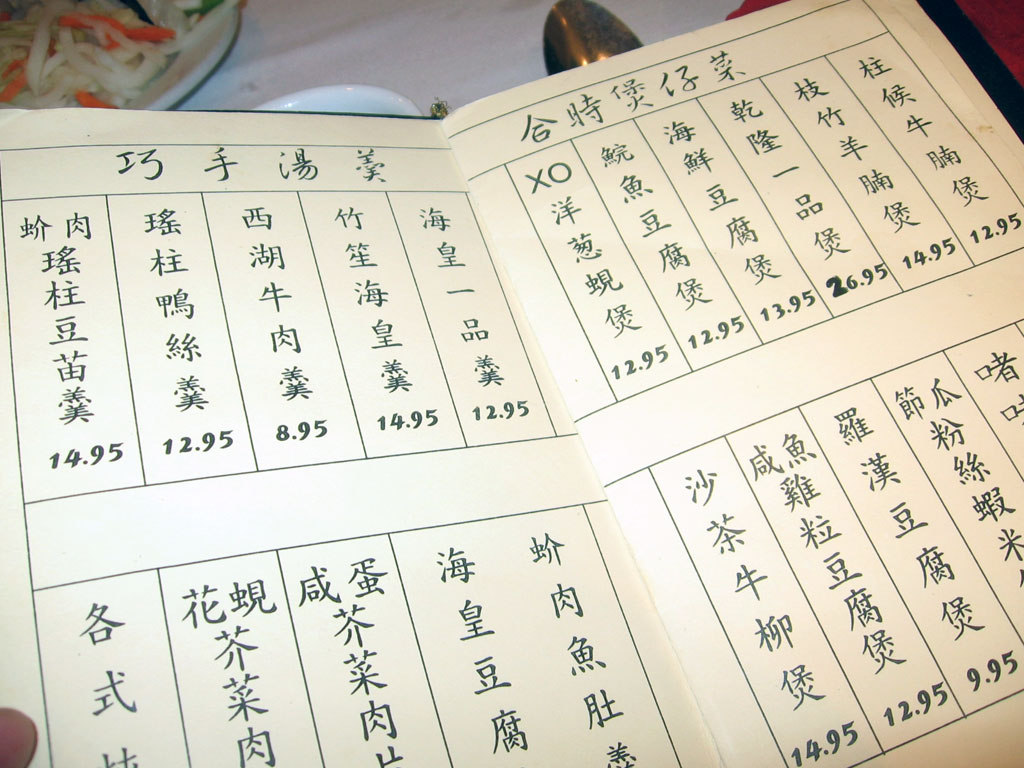Mandarin Chinese has many written characters which sound the
same. Sometimes it is not clear which character or meaning the
speaker is using.
When clarification is needed, Chinese characters can be explained
with this pattern: XY de X, where X is the character being
explained, and XY is a common compound which uses that character.
Characters can also be clarified by putting them in a commonly
used phrase.
This type of clarification is especially useful for names, since it is
usually not evident which characters are used to write a
person’s name.
Clarification Examples
Wǒ de míngzi shì …
My name is…
我的名字是…
Xǔ Míng Fú – yán wǔ xǔ, rì yuè míng, fúqì de fú
許明福 – 言午許, 日月明, 福氣的福
Lín Píng Quán - shuāng mù lín, píngān de ping, quánlì
de quán
林平權 - 雙木林, 平安的平, 權力的權
Xú Bǎo Chuān - shuāng rén xú, zhūbǎo de bǎo, hé
chuān de chuān
徐寶川 - 雙人徐, 珠寶的寶, 河川的川
Learn To Clarify Your Chinese Name
If you have a Chinese name, you should learn how to clarify it in this
manner. You will need the help of a native Mandarin speaker to choose
a clarification that is understandable.
















